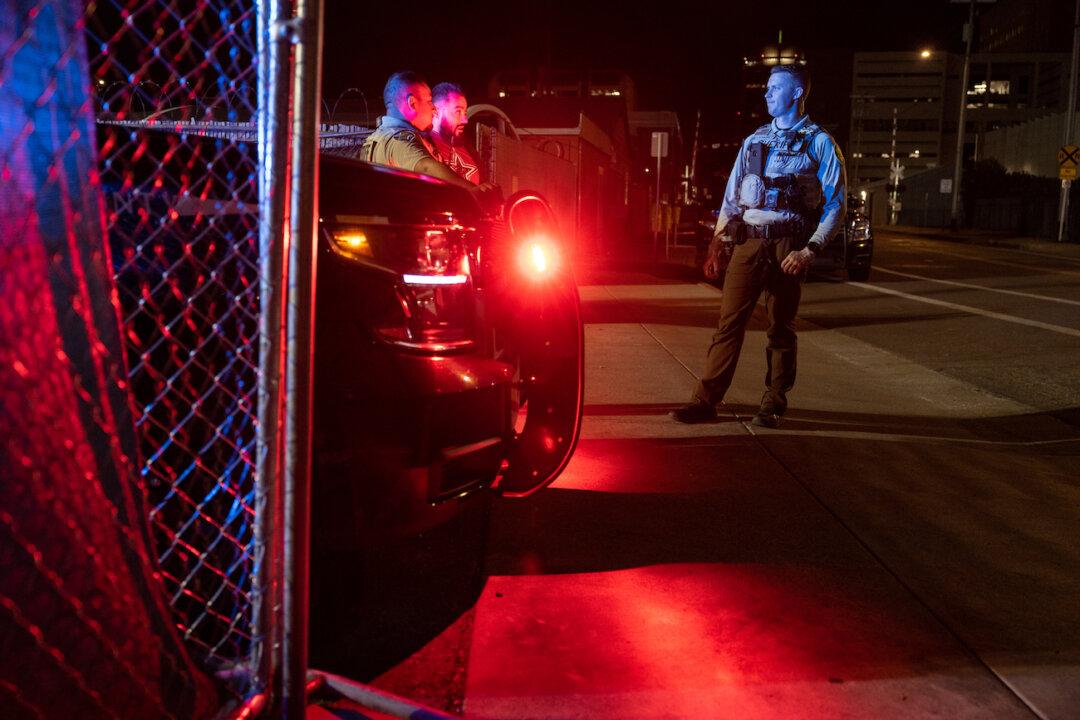A federal judge has struck down an Arizona law that restricts the recording of law enforcement, declaring the law unconstitutional.
The Republican-backed law—House Bill 2319—signed by former Republican Gov. Doug Ducey in July 2022, would limit how close people can get to law enforcement officers while recording them.




